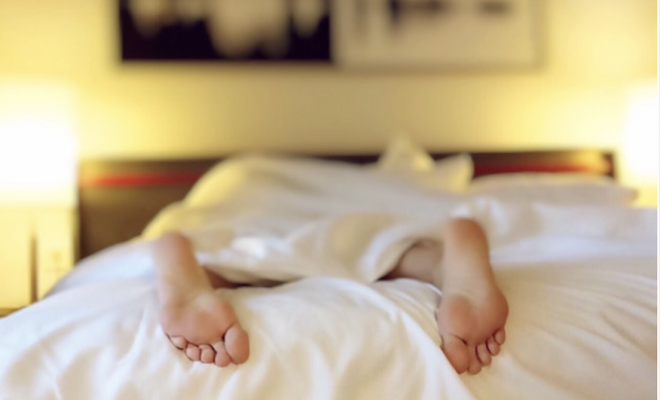
Top 5 Myths and Facts about Sleep
Top 5 Myths and Facts about Sleep
When it comes to sleep myths and facts, it’s important to know the difference. Many sleep myths cause people to believe theories about sleep that could be false and even lead to additional health problems. To help you uncover the truth, below is a list of the top 5 myths inferred by Gabriela Taciak about sleep. Here are the top 5 myths and facts about sleep.
Myth #1: It is easy to adjust to a different sleep schedule.
Fact: Your biological clock is responsible for keeping you alert during the day and drowsy at night, so even night shift workers who sleep during the day tend to feel sleepy at night. The truth is that it could take more than a week to adjust to an altered sleep/wake cycle, which typically happens when travelling across several time zones or swapping day shifts with night shifts. You can gradually reset your biological clock, however, but only by about 1-2 hours per day at best.
Myth #2: Sleep causes the mind and body to shut down for relaxation.
Fact: There is no supporting evidence proving that any major organ (including the brain) or the regulatory system shuts down during sleep. On the contrary, some physiological processes become more active such as the boosted secretion of certain hormones and the heightened activity of pathways in the brain responsible for memory and learning.
Myth #3: Getting an hour less sleep per night than needed will not affect daytime functioning.
Fact: Although you may not feel noticeably sleepy during the day after losing an hour of sleep, this slight lack of sleep may impair your ability to think properly and respond quickly. A loss of an hour of sleep cumulated over several nights can build up a sleep debt that compromises cardiovascular health, energy balance, and the body’s ability to fight infections. Asleep debt can also lead to excessive sleepiness during the day.
Myth #4: Getting more sleep on the weekends can make up for lost sleep during the week.
Fact: The pattern of sleeping more on the weekends to make up for a sleep debt during the week may offer partial relief, but will not improve impaired performances throughout the week caused by lack of sleep. In fact, Excess sleep on the weekend may make it even harder for you to wake up on Monday because it directly affects your biological clock.
Myth #5: Extra sleep at night can cure problems with excessive daytime sleepiness.
Fact: Excessive daytime sleepiness is usually a result of losing the quality of sleep, as opposed to the quantity. In fact, many people who suffer from excessive daytime sleepiness get about 8 to 9 hours of sleep per night. To alleviate the symptoms of excessive daytime sleepiness, doctors can provide behaviour modification suggestions or medications that can help improve the quality of your sleep and treat any underlying sleeping deprivation.
If you are concerned that you or someone you love may be suffering from a sleeping disorder, consult with your doctor for professional diagnosis and treatment.
Disclaimer: These statements and products are not intended to diagnose, treat, and cure or prevent disease. Always consult your physician regarding any sleeping disorders.













